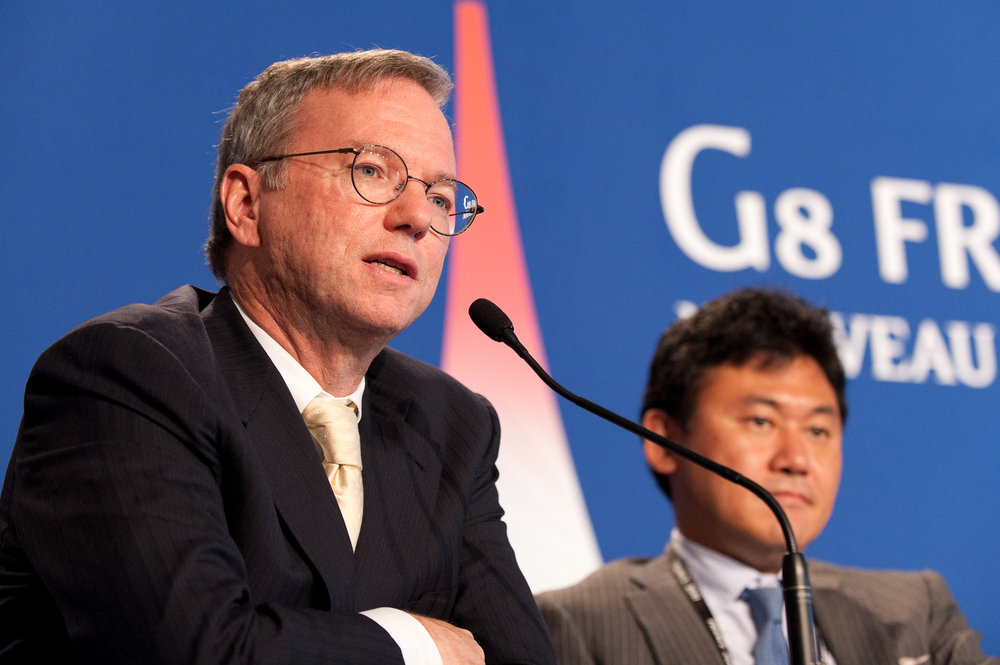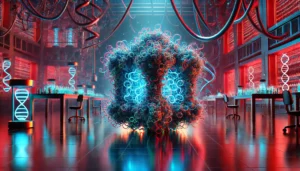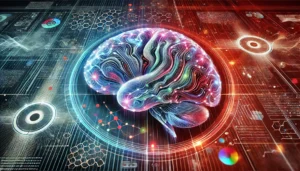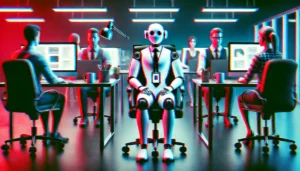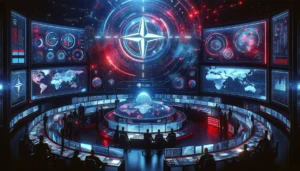Eric Schmidt, Google CEO from 2001 to 2011, adds another apprehensive voice to the AI impact debate.
Another day, another voice chimes into the debate about AI’s societal impacts. This time, it’s ex-Google CEO Eric Schmidt at The Wall Street Journal’s CEO Council Summit in London.
Schmidt said AI posed an “existential risk.” He clarified his interpretation of this as “many, many, many, many people harmed or killed.”
He at least provided some detail on how that might occur; “There are scenarios, not today, but reasonably soon, where these systems will be able to find zero-day exploits in cyber issues or discover new kinds of biology.”
Zero-day exploits are software flaws that developers aren’t aware of. Hackers can use AI to test software weaknesses to gain entry to networks, systems, and programs before owners can react.
An “AI pact” might fill in before regulations go live
It was only in late March that 1,100 notable tech and IT leaders signed an open letter advocating for a 6-month pause in AI development. However, signatories representing OpenAI and other AI companies were conspicuously absent.
While regulations like the EU AI Act are forthcoming, there is talk of forming informal agreements to put the brakes on development. On the same day that Schmidt discussed AI, two EU officials, Margrethe Vestager and Thierry Breton, met with Google CEO Sundar Pichai to discuss a potential AI pact.
Breton stated, “Sundar and I agreed that we cannot afford to wait until AI regulation actually becomes applicable, and to work together with all AI developers to already develop an AI pact on a voluntary basis ahead of the legal deadline”, and Vestager said there was “no time to lose”.
Good meeting w. @sundarpichai. We need the #AIAct as soon as possible. But AI technology evolves at extreme speed. So we need voluntary agreement on universal rules for #AI now. Already discussed at #G7 digital in Takakasi. We will follow up in the #TTC next week. No time to lose
— Margrethe Vestager (@vestager) May 24, 2023
Schmidt on AI replacing jobs
The debate at the CEO Council Summit turned its attention to AI-related job losses.
“Here are the facts. We are not having enough children, and we have not been having enough children for long enough that there is a demographic crisis”, he said. Drops in childbirth may potentially lead to labor shortages which AI can relieve.
Schmidt isn’t the first tech figure to draw attention to the potential demographic crisis risked by declining fertility and birth rates, particularly in Europe, Japan, and the USA. In 2022, Elon Musk called an underpopulation crisis “the biggest danger civilization faces by far.”
In 2022, an MIT study suggested population aging was fuelling the drive for automation due to declining labor in many sectors, highlighting AI’s potential for filling gaps in the labor market.
Schmidt is possibly onto something. In the end, rather than replacing humans, AI may ease the economic impacts of this demographic shift.
As for the life-threatening existential threat? We’ll have to wait to find out on that one.

